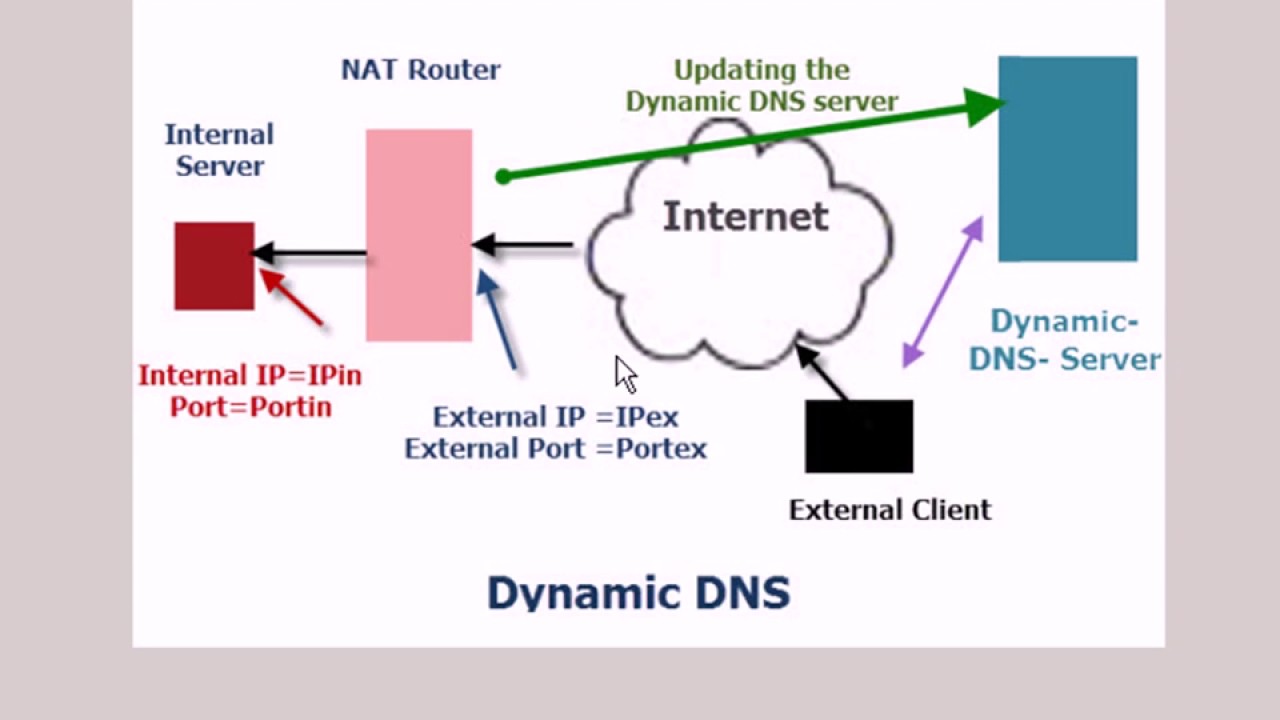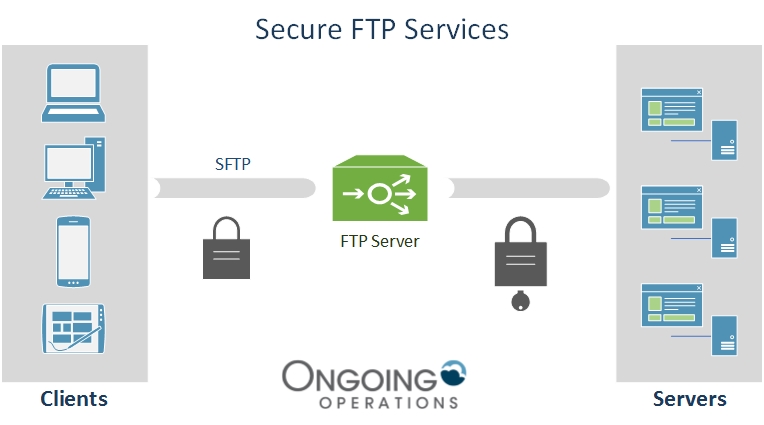
Wildcard SSL certificates are popular for websites which need to secure more than one domain or subdomain at the same time. These certificates are simple to install and can help businesses save money when compared with individual SSL certificates. But they do have a few risks.
Wildcard Certificates and their Risks
Wildcard TLS certificate provides security for all subdomains and domains on a server. This is a good option for organizations who have to use HTTPS on multiple websites, but there are some security concerns.
Wildcard certificates present the biggest risk to security because, if any server or subdomain has been compromised, then it could put all other subdomains and servers at risk. A single point of compromise could be used to launch attacks on all other subdomains which use the certificate.
This means that if a wildcard certificate expires, it will be necessary to reissue a new one for all the subdomains. It is a huge amount of work which can cause a site or service to be down for a long time.

If the private key for a wildcard certificate is ever compromised, it could be used to launch traffic redirections. This is called a Cross-Protocol Attack on the Application Layer Protocol (ALPACA).
This vulnerability can be exploited by a malicious cyber actor who has access to the network. They could steal passwords, credit card numbers and other sensitive data. The NSA warns of this threat and suggests that organizations should not use wildcard TLS certificates in their infrastructure.
What is a Wildcard Certificate?
A wildcard SSL/TLS is a digital certificate that protects all subdomains within a specific domain. The Certificate Authority issues it and the certificate is supported by all browsers, including mobile devices.
It is valid for an unlimited number of servers and can be reissued as many times as you like. It can also be used to secure a large number of domains and subdomains at once.
They offer a more secure option than other methods of securing your website. They are more robust, and they're easier to manage, than multi-domain certs. They are also compatible with more modern web browsers and devices.

In most cases they are a good option for organisations that need to secure a large number or domains. They are the best option for organizations that need to protect a large number of domains or subdomains at once.
There are different types of wildcards. All wildcard certificates offer the same features, but their prices differ. VeriSign prices wildcards by domain, while other CAs like RSA price them according to how many domains the certificate protects.
A wildcard cert is an excellent option for companies that need to secure multiple domains, or subdomains, at once. To ensure the wildcard certificate is implemented in an organization's best interests, it is important to discuss its purpose with the security team.
FAQ
How Do I Choose A Domain Name?
A good domain name is vital. A great domain name will help people find your site when they search for your product.
Domain names should be simple, short, easy-to-remember, relevant to your brand and unique. It is ideal to have something that people can type into their browser.
These are some suggestions for choosing a domain.
* Use keywords that are related to your niche.
* Avoid using hyphens (-), numbers and symbols.
* Don't use.net or.org domains.
* Never use words that have already been used.
* Avoid generic terms, such as "domain" or web site.
* Make sure it's available.
What is a responsive design web design?
Responsive web design (RWD), is a way to create websites that display responsively on all devices, including smartphones, tablets, desktop computers, laptops and tablets. This allows users access all features of a website, including navigation menus, buttons and buttons, on one device. RWD is intended to ensure that any user viewing a site views the exact version on their screen.
Consider, for instance, that you're building a website for an eCommerce company and your products are sold primarily online. It is important to ensure that your website can be accessed on any device, including a smartphone.
A responsive site will adapt to the device used to view it. A website that is viewed on your laptop will display the same way as a desktop website. It will look different if you view the page from your phone.
This allows you to create one website that works on all devices.
Which platform is best to create a website?
WordPress is the best platform for creating websites. It provides all the features you need to create a professional-looking site.
Themes can be easily customized and installed. You can pick from thousands of free themes that are available online.
You can also add functionality by installing plugins that allow you to do everything from adding social media buttons to adding forms and contact pages.
WordPress is also very user-friendly. To modify your theme files, you don't need to be able to code HTML. To change your theme files, all you have to do is click on an image and select the desired changes.
There are many other platforms available, but I recommend using WordPress because it's been around for years and is still used by millions worldwide.
What Kinds Of Websites Should I Make?
Your goals will determine the answer to this question. Your website should be able to sell products online. This will allow you to build a successful business. This will require you to set up a strong eCommerce site.
Blogs are another popular type of website. Each of these requires different skills and tools. For example, to set up a website, you need to understand blogging platforms such WordPress or Blogger.
It is important to choose the right platform for your site. There are many templates and themes that are free for each platform.
After you have chosen a platform, it is time to add content. Pages can include images, videos, text and links.
Once you're ready to publish your website online, click here. Visitors can access your website in their browsers once it is published.
How to create a static website
There are two options for creating your first website:
-
Content Management System (a.k.a. WordPress): WordPress): You can download this software and install it on your computer. This software can then be used to create an indispensable website.
-
You will need to create a static HTML website. If you already know HTML, it is simple to do.
A professional may be able to help you create a large website.
But starting, you should probably go with option 2.
Can I create my own website with HTML & CSS?
Yes, you can! It's possible! You need to have basic knowledge in web design and programming languages, such as HTML (Hyper Text Markup Language), CSS and Cascading Style sheets (Cascading CSS Sheets). These languages can be used to create websites which can then be viewed by everyone who has an internet connection.
Can I use a Template or Framework on My Website?
Yes! When creating websites, many people use pre-built templates. These templates include all of the code required to display the information on your webpage.
Some of the most well-known templates are:
WordPress - the most widely used CMS
Joomla - Joomla! - another open source CMS
Drupal - an enterprise-level solution that large organizations use
Expression Engine - A proprietary CMS from Yahoo
Each platform has hundreds of templates, so it should not be hard to find the one that you like.
Statistics
- It's estimated that chatbots could reduce this by 30%. Gone are the days when chatbots were mere gimmicks – now, they're becoming ever more essential to customer-facing services. (websitebuilderexpert.com)
- At this point, it's important to note that just because a web trend is current, it doesn't mean it's necessarily right for you.48% of people cite design as the most important factor of a website, (websitebuilderexpert.com)
- It's estimated that in 2022, over 2.14 billion people will purchase goods and services online. (wix.com)
- The average website user will read about 20% of the text on any given page, so it's crucial to entice them with an appropriate vibe. (websitebuilderexpert.com)
- Studies show that 77% of satisfied customers will recommend your business or service to a friend after having a positive experience. (wix.com)
External Links
How To
What is website hosting?
Website hosting refers to where people go when they visit a website. There are two types.
-
Shared hosting is the cheapest. Your website files reside in a server managed by another company. Customers visiting your website send their queries over the Internet, to that server. The owner of the server then hands off the request to you.
-
Dedicated hosting – This is the most expensive option. Your website will reside on a single server. Your traffic stays private as no other websites can share the same server.
Most businesses choose shared hosting because it's less expensive than dedicated hosting. When you use shared hosting, the company that hosts the server gives you the resources to run your site.
There are pros and disadvantages to each option. Here are the main differences between them:
Shared Hosting Pros
-
Lower Cost
-
Easy To Set Up
-
Frequent updates
-
It is available on many Web Hosting Companies
Hosting shared can be as low as $10 per month. Keep in mind, however, that bandwidth is usually included in the price. Bandwidth refers the data that you can transfer over the Internet. You may have to pay extra for large amounts of data, even if your blog only contains photos.
You will quickly see why you paid so much for your former host once you have started. Many shared hosts offer very little customer support. While they may occasionally assist you in setting up your site and other tasks, after that you are all on your own.
It is important to find a provider that provides 24-hour support. They'll take care of any issues that come up while you sleep.
Cons of dedicated hosting
-
More Expensive
-
Fewer Common
-
Specific Skills Required
With dedicated hosting, everything you need for your website is at your fingertips. You don't need to worry about bandwidth usage or RAM (random access memory).
This means that you will have to pay a little more upfront. However, once your business goes online, you'll discover that you don’t need as much technical support. You'll quickly become an expert at managing your server.
So Which Is Better For My Business?
It all depends on the type of website you are creating. Shared hosting is best for those who only need to sell products. It is easy to set-up and manage. You'll probably receive frequent updates because you are sharing a server hosting many other sites.
However, dedicated web hosting is the best way to build a community around you brand. It allows you to focus on building your brand and not worrying about managing your traffic.
Bluehost.com has both. They offer unlimited monthly data transfers and 24/7 support. You can also register domain names for free.